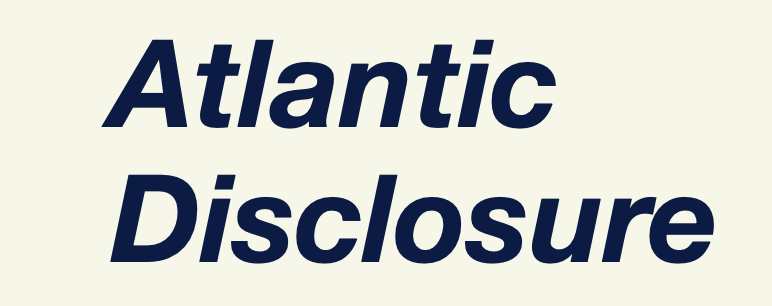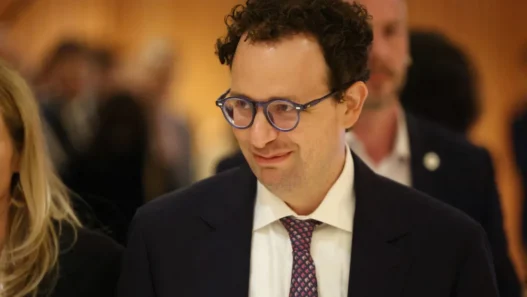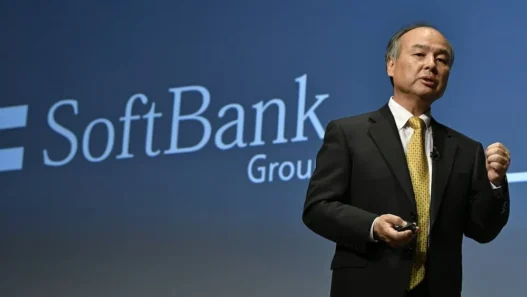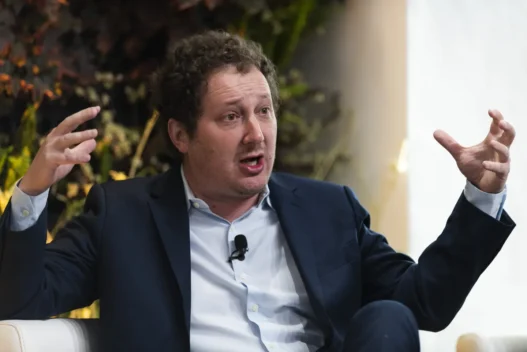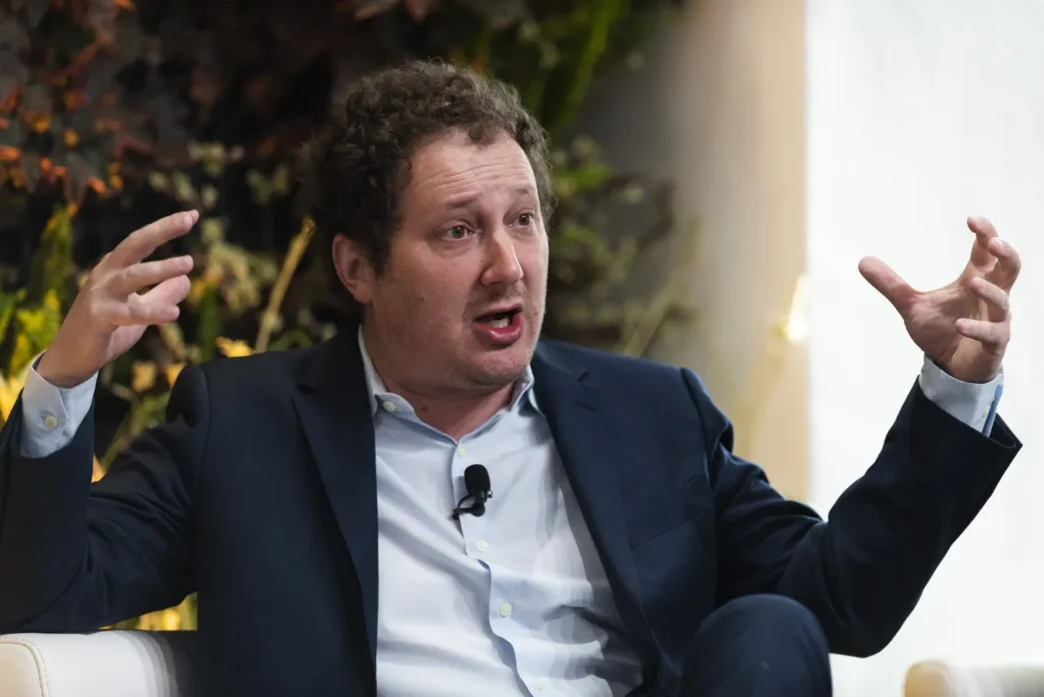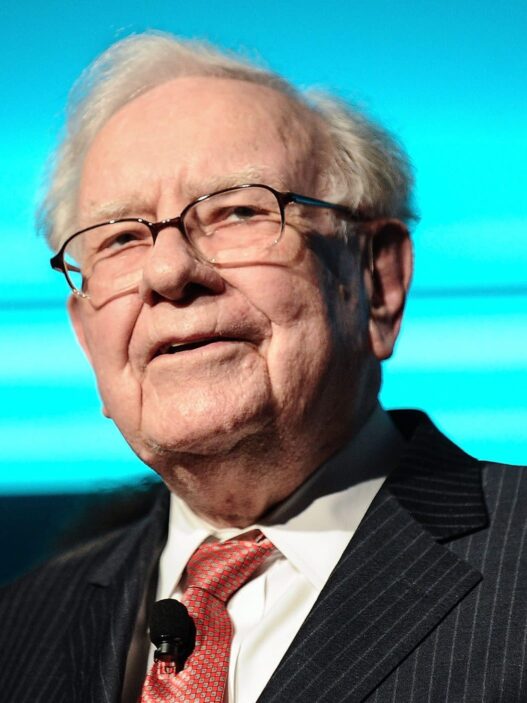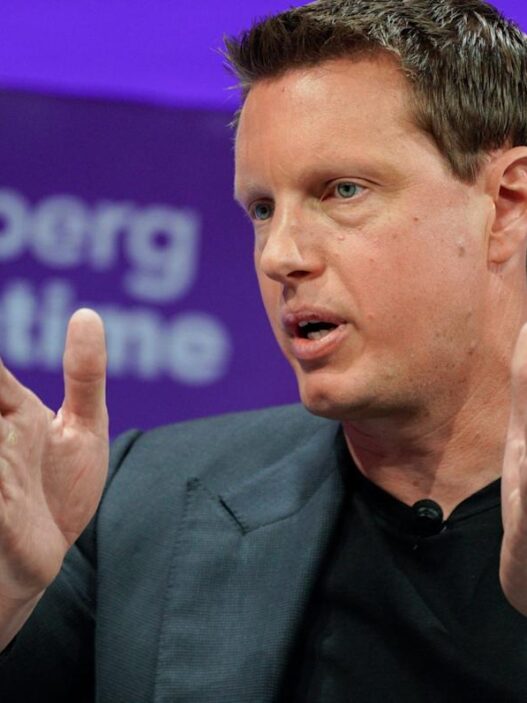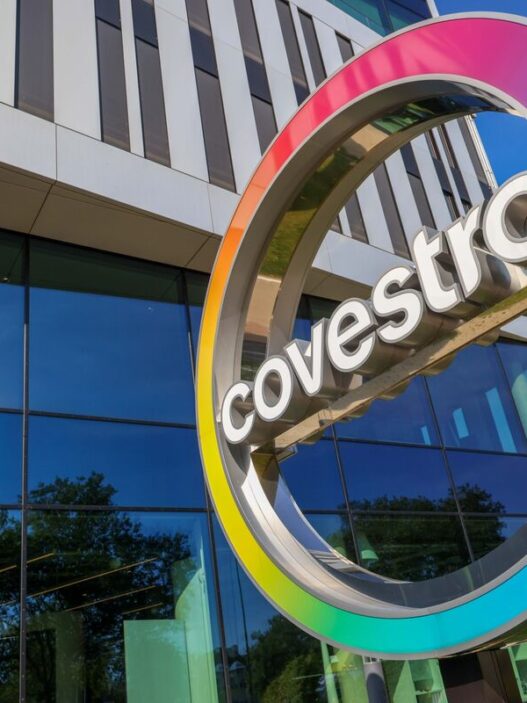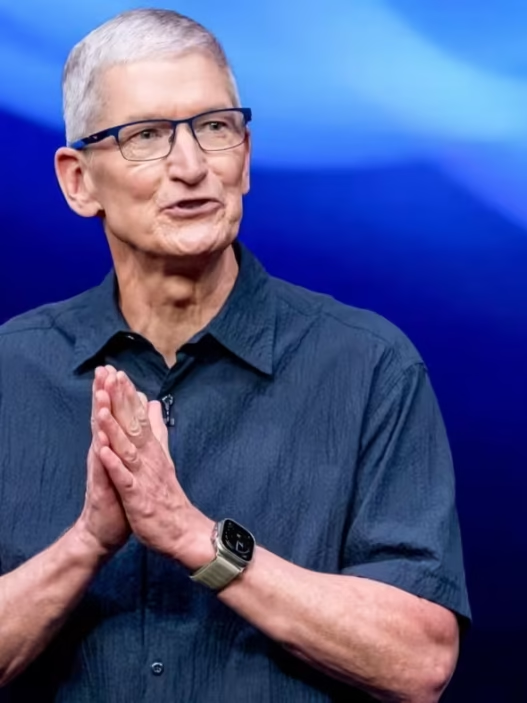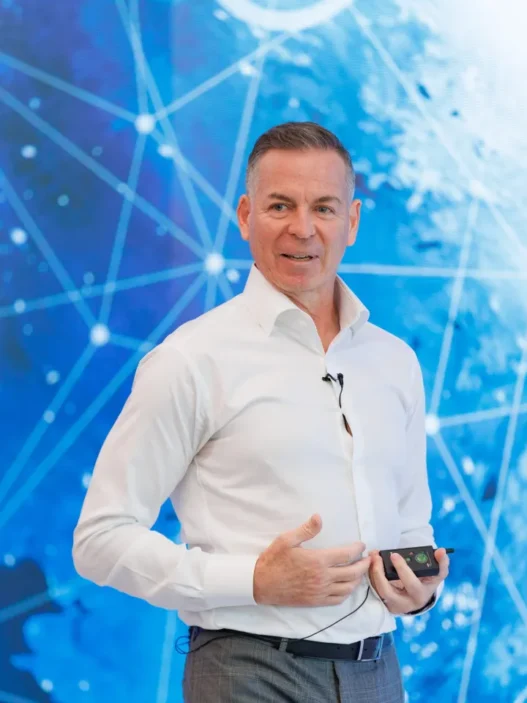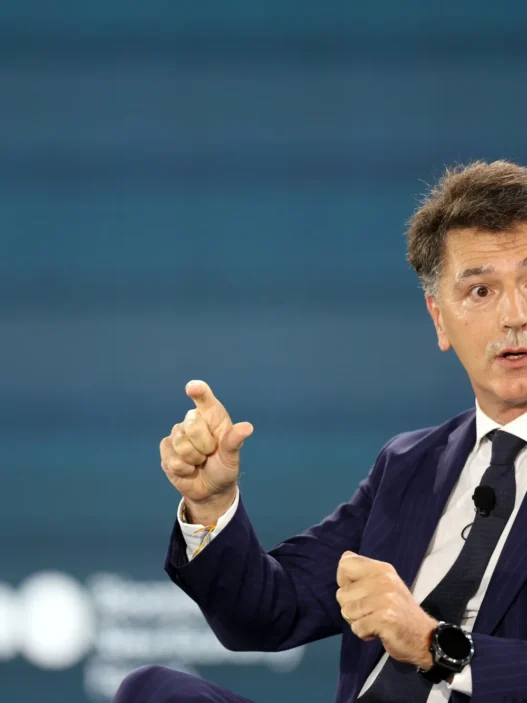Introduction: The Paradox of Success
We often imagine the ultra-successful — billionaires, Oscar-winning actors, world-renowned athletes — as paragons of confidence, their talent and achievements insulating them from self-doubt. Yet according to MasterClass CEO David Rogier, the opposite is often true.
In a recent interview, Rogier revealed that even the most accomplished figures on his platform — from Serena Williams to Martin Scorsese, Bob Iger to Natalie Portman — exhibit a surprising amount of insecurity and constant self-scrutiny.
“Success doesn’t kill insecurity,” Rogier said. “I’ve watched billionaires and Oscar-winners literally stop between takes to ask, ‘Was that okay?’ or ‘Did that make sense?’ They want feedback just like anyone else.”
It’s a statement that resonates deeply in an era obsessed with achievement. Far from being immune to self-doubt, many top performers channel it as fuel for mastery, revealing that the path to greatness isn’t about eliminating insecurity—it’s about learning to live with it.
The MasterClass Perspective: Where Legends Still Learn
MasterClass, founded in 2015, has become the go-to platform for those seeking insights from the best minds in every field — from filmmaking and business to writing, music, and sports. Its instructors are cultural icons: Spike Lee, Shonda Rhimes, Neil Gaiman, Gordon Ramsay, and countless others.
Rogier’s unique position allows him to witness something few others can: how the world’s most accomplished individuals behave in a learning environment. And what he’s seen repeatedly, he says, is humility disguised as perfectionism.
“When we film these classes, you’d expect total confidence,” Rogier explains. “But so many of them are incredibly reflective. They want to know how they come across, how they can improve, whether their advice is connecting. They’re still students at heart.”
This humility, Rogier argues, is not a weakness but a defining characteristic of high performers. The greatest minds, it seems, never stop questioning their abilities — not because they lack confidence, but because they understand that self-awareness is the engine of growth.
The Psychology Behind Constant Feedback
Why do people at the pinnacle of success still seek validation? Psychologists have long noted that achievement doesn’t eliminate the need for reassurance—in fact, it can amplify it.
Dr. Alice Bennett, an organizational psychologist specializing in executive performance, explains:
“As individuals rise in their careers, the stakes get higher and honest feedback becomes rarer. The more powerful or famous you are, the fewer people are willing to tell you the truth. That can create a craving for external validation from trusted peers.”
In other words, success isolates — and with isolation comes uncertainty. When surrounded by admiration, even geniuses begin to wonder whether their latest work truly measures up or if people are merely afraid to criticize them.
This phenomenon is sometimes called the “validation vacuum.” The more success someone achieves, the more difficult it becomes to find genuine feedback — and the more desperately they seek it.
Insecurity as a Driver, Not a Defect
Contrary to popular belief, insecurity isn’t always a flaw. For many top performers, it’s a motivating force that keeps them pushing boundaries.
Rogier recalls watching Oscar-winning actors re-record takes over and over, unsatisfied with their own performances despite perfection in the eyes of the crew. He’s seen tech founders worth billions request reshoots because they felt their advice didn’t sound “smart enough.”
“It’s not insecurity in the negative sense,” Rogier says. “It’s this relentless pursuit of doing better. The best people I’ve worked with are constantly asking, ‘How can I make this clearer, sharper, more useful?’ They’re never done.”
This mindset aligns with what psychologists call “productive insecurity” — the tension between confidence in one’s skills and awareness of one’s limits. It’s the gap that drives innovation, creativity, and continuous learning.
From Hollywood to Silicon Valley: The Common Thread
The parallels between creative and corporate excellence are striking. In both entertainment and business, feedback is oxygen.
Rogier notes that Silicon Valley leaders, despite their public personas of self-assurance, are among the most feedback-hungry individuals he’s encountered.
“You’d think tech billionaires don’t need reassurance, but they’re constantly iterating—not just on products, but on themselves,” he said. “They’ll finish a shoot and immediately ask, ‘Should I have phrased that differently? Did that story land?’”
In the startup world, this mirrors the concept of “continuous feedback loops” — the idea that no product, process, or leader is ever finished. Every iteration, whether in a company or in a personal skill, demands self-assessment and adaptation.
In Hollywood, the same ethos manifests as artistic refinement. Directors like Scorsese or actors like Natalie Portman don’t view feedback as a threat to their status; they see it as a tool to preserve excellence.
The Myth of Arriving
Modern culture often glorifies the notion of “making it” — a final destination where success supposedly eliminates doubt. But for most high achievers, that destination doesn’t exist.
Rogier argues that the most accomplished people never believe they’ve fully arrived, which is precisely why they keep evolving.
“The people who think they’ve ‘made it’—they stop learning. The people who keep asking for feedback? They’re the ones who stay at the top.”
He points to figures like Howard Schultz, who taught a MasterClass on leadership but still asked the crew for notes after nearly every take. Or Serena Williams, who emphasized that self-critique was central to her dominance in tennis.
Their message, Rogier says, is universal: greatness is maintenance, not arrival.
The Dark Side of Feedback Culture
Still, the pursuit of constant validation comes with risks. In creative and corporate environments alike, over-reliance on feedback can breed perfectionism and anxiety.
Some experts warn that too much external validation can hinder self-trust, making individuals dependent on others’ opinions rather than their own intuition.
“There’s a fine line between constructive feedback and compulsive reassurance,” notes Dr. Bennett. “The healthiest high performers balance the two — they seek critique, but they also know when to say, ‘I trust my instincts.’”
MasterClass, Rogier says, tries to strike that balance by emphasizing authenticity over perfection. Instructors are encouraged to be candid about their flaws and failures, creating an environment where vulnerability is not only accepted but valued.
Lessons for Everyone Else
The takeaway from Rogier’s insights is both humbling and empowering: insecurity is not a sign of weakness — it’s a sign of growth.
Whether you’re a CEO, an artist, or a student, the instinct to seek feedback is a reminder that learning never stops. It’s also proof that confidence and insecurity can coexist — even reinforce each other.
“The most confident people I know are also the most curious,” Rogier concludes. “They’re not afraid to ask questions or admit what they don’t know. That’s the real secret to mastery.”
Conclusion: The Courage to Stay Curious
Success, it turns out, doesn’t cure insecurity—it reframes it. The difference between those who stagnate and those who evolve lies not in the absence of doubt, but in the willingness to face it.
Billionaires and Oscar winners may have wealth, fame, and trophies, but what truly sets them apart is their refusal to stop learning. They understand that mastery isn’t a destination—it’s a dialogue.
And as MasterClass’s David Rogier has learned from teaching the best of the best, the question that defines greatness isn’t “Have I done enough?” but rather, “What can I learn next?”
